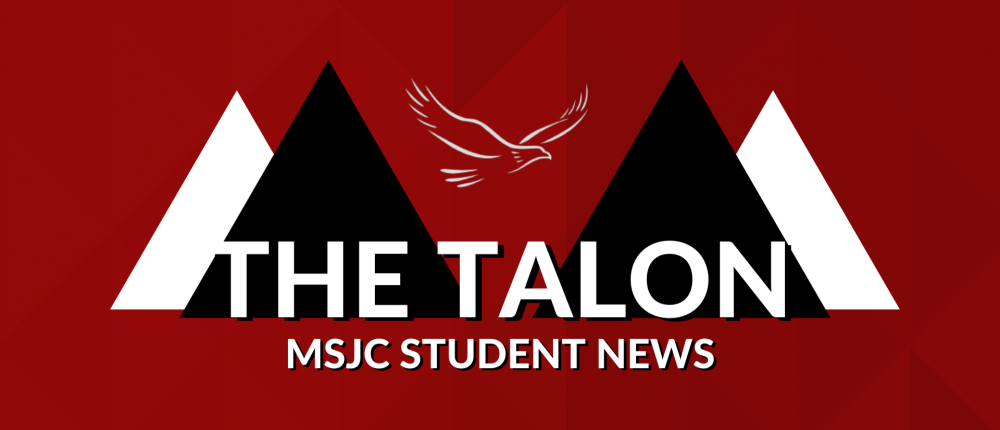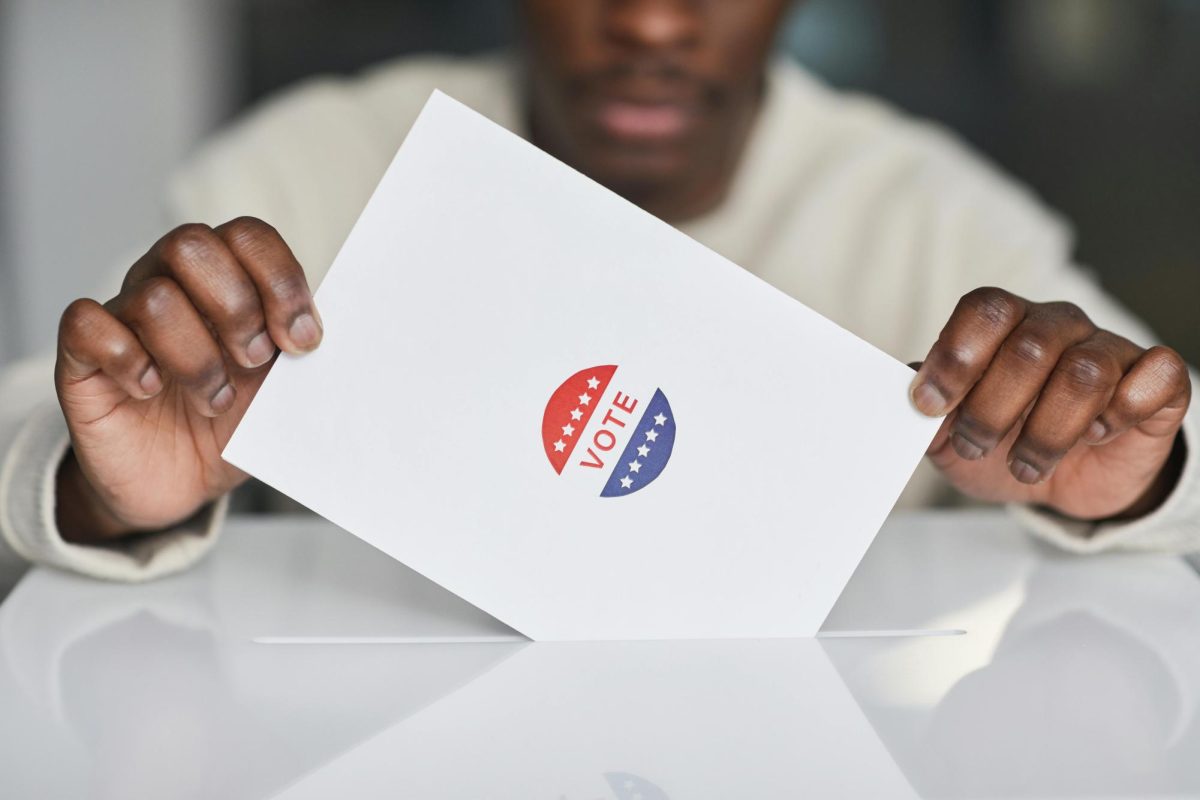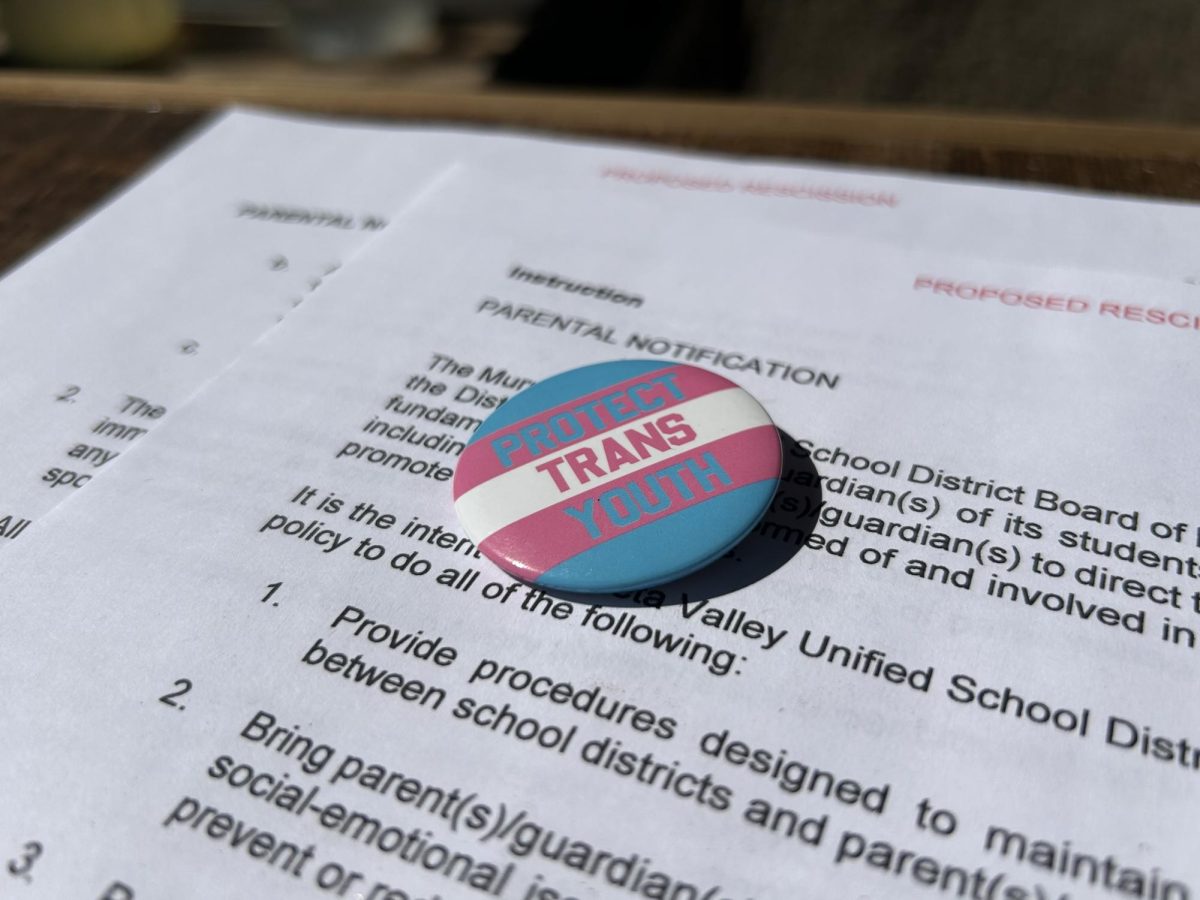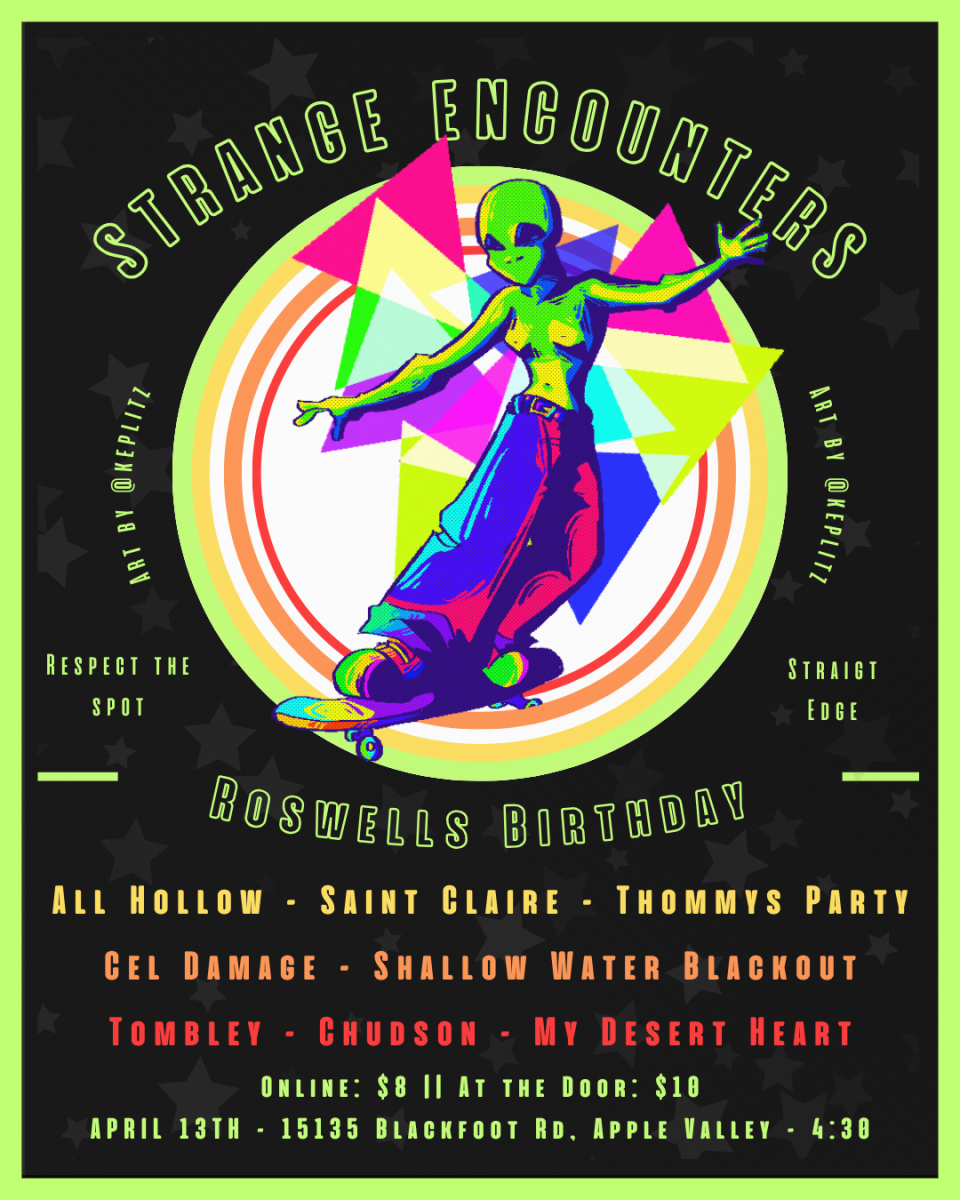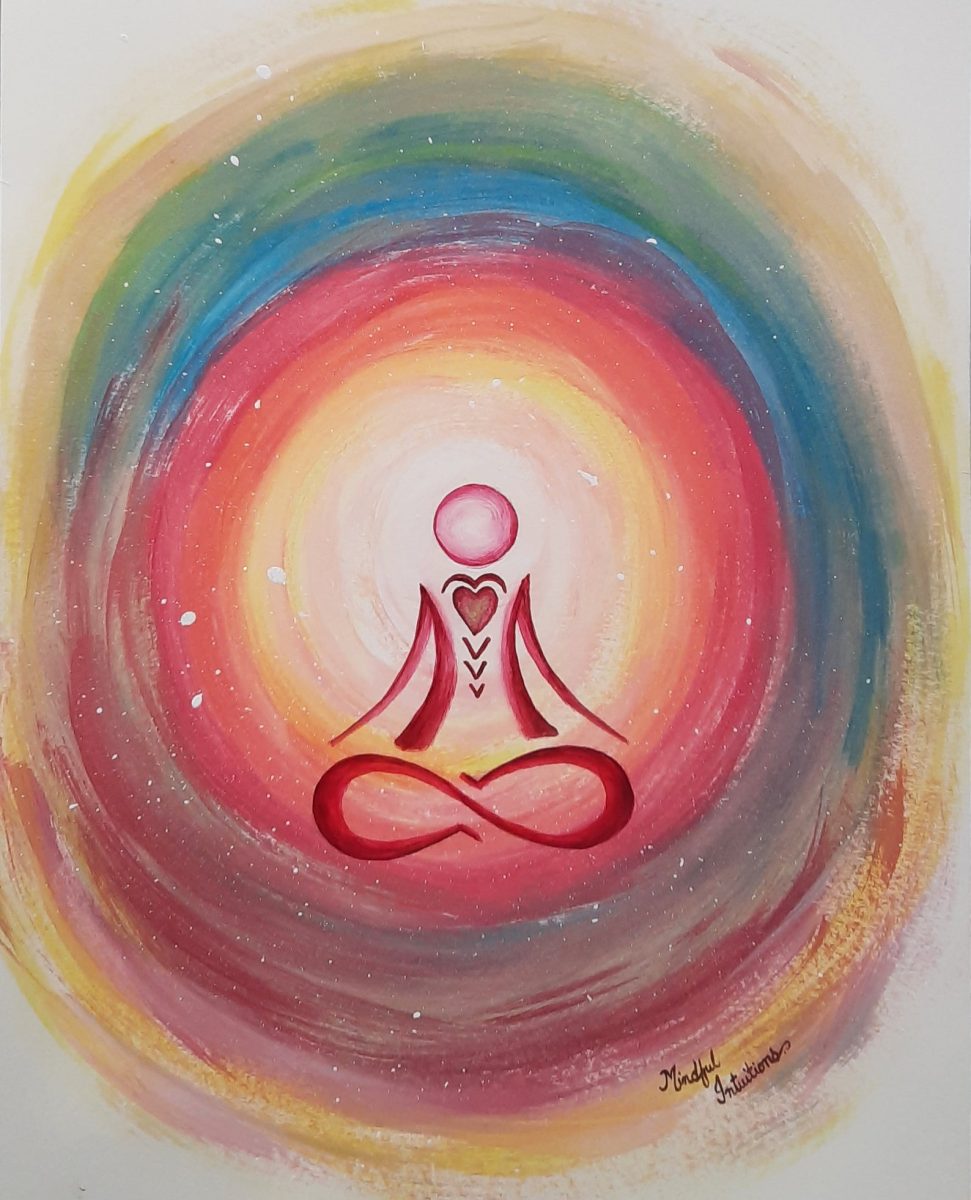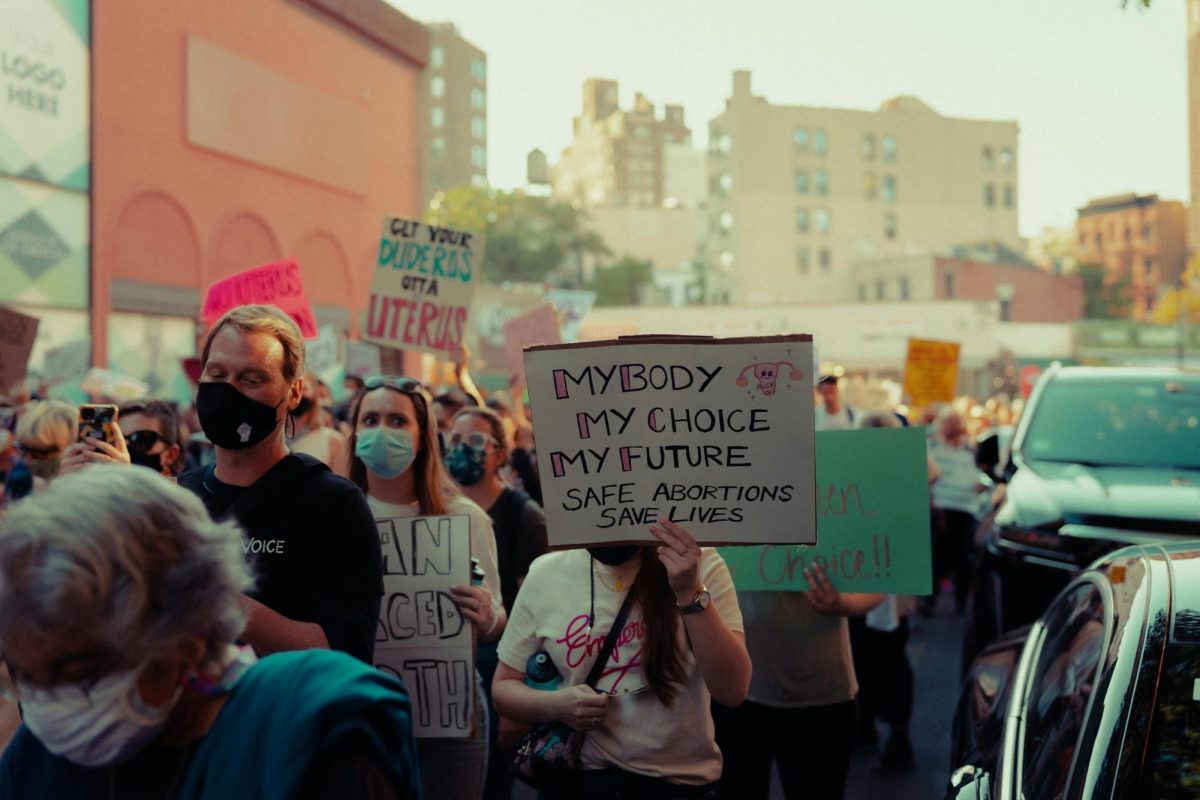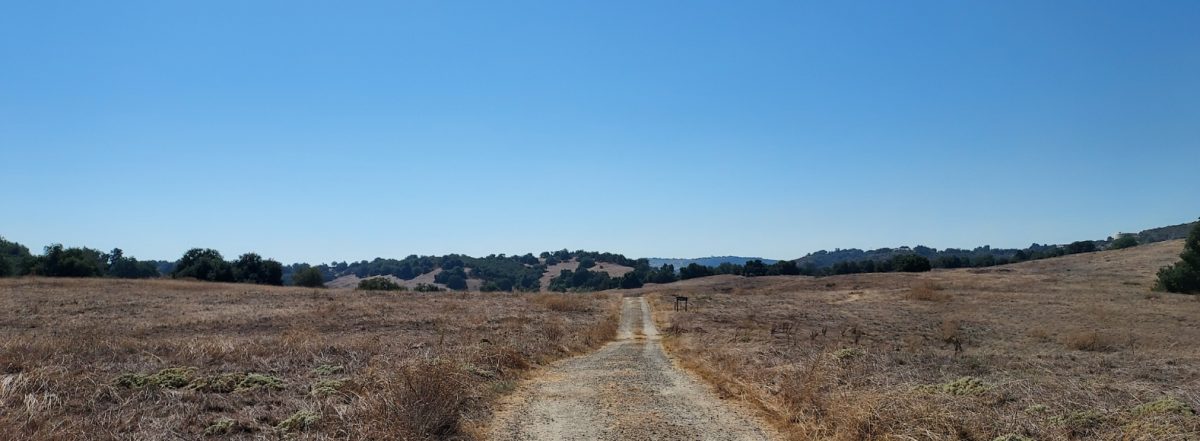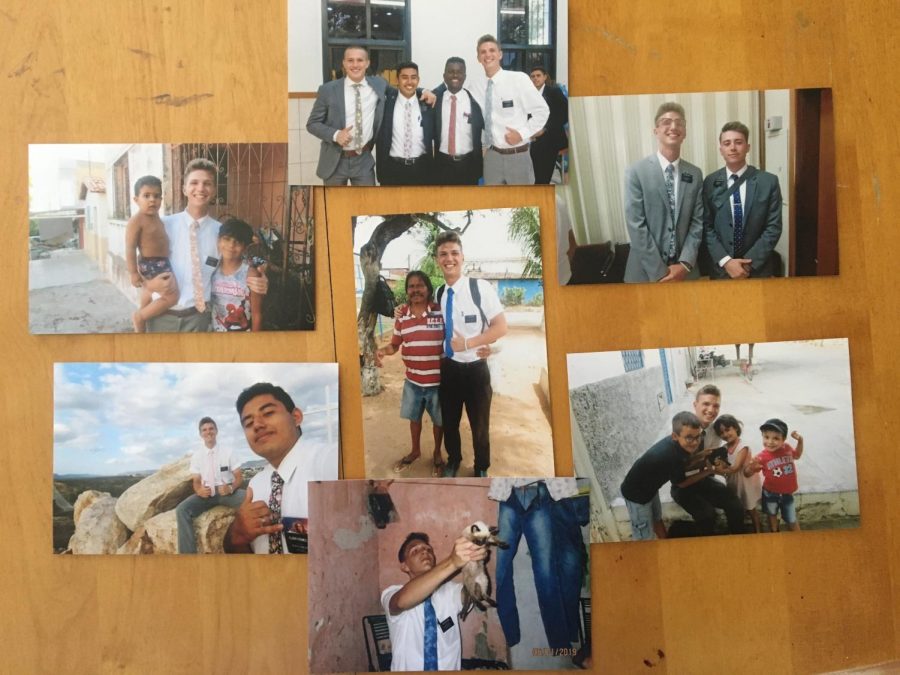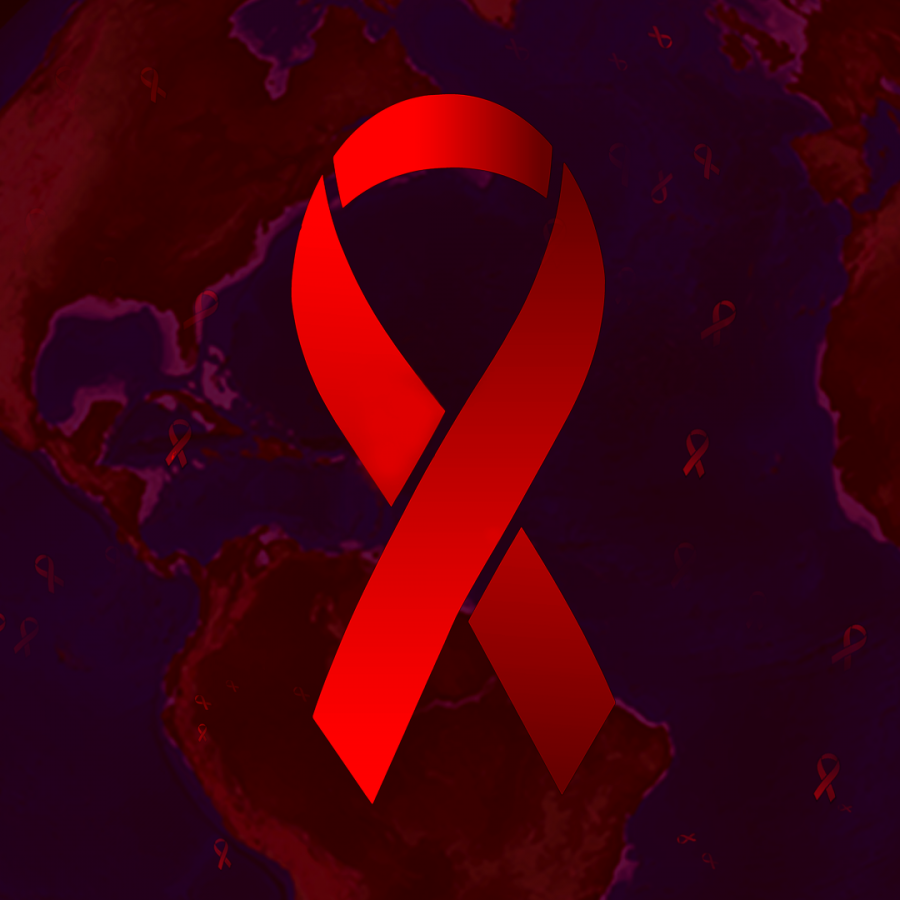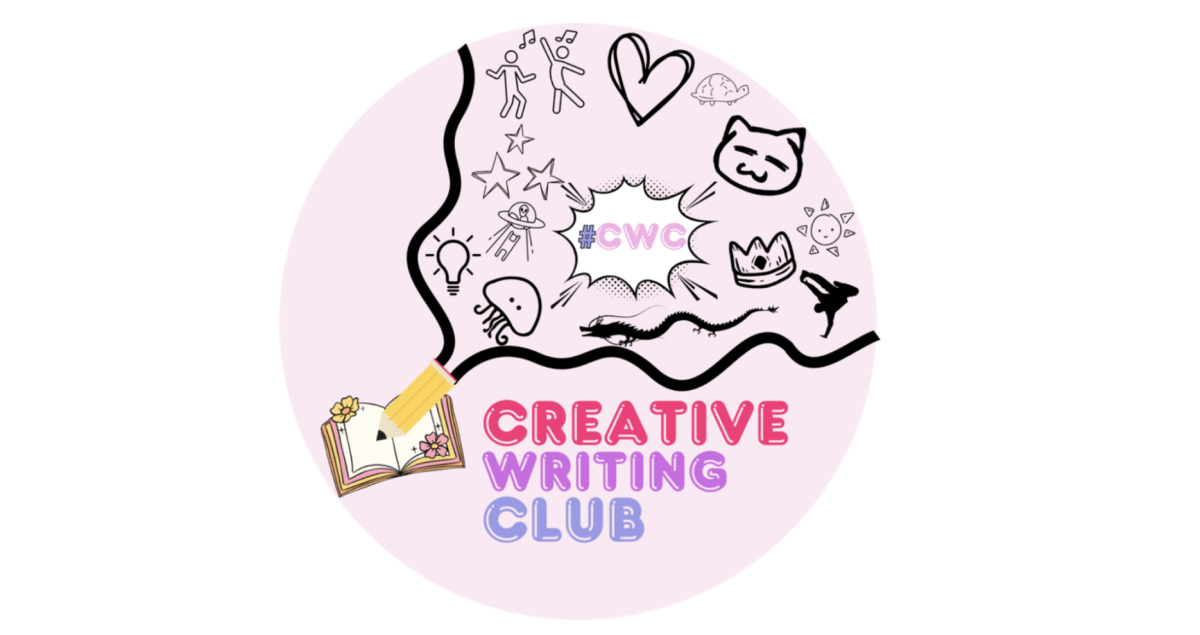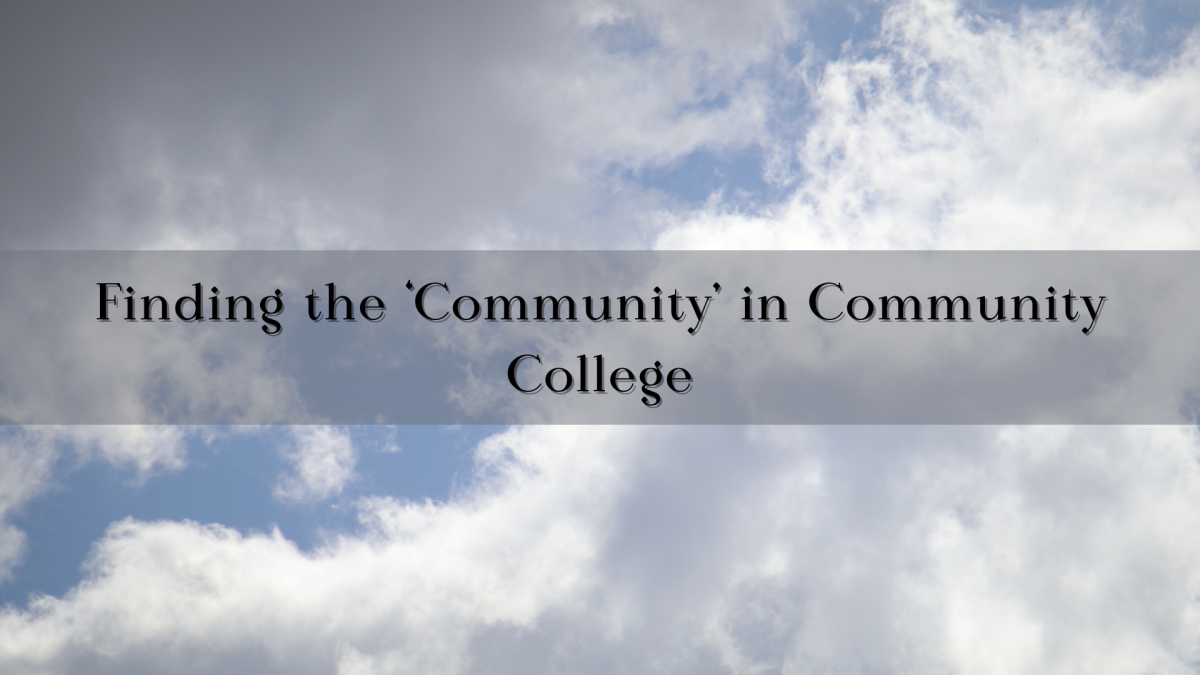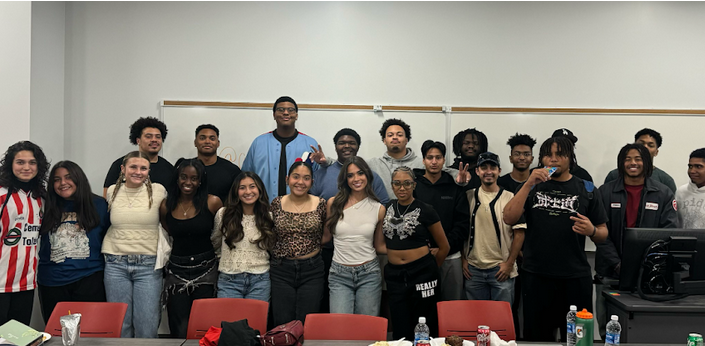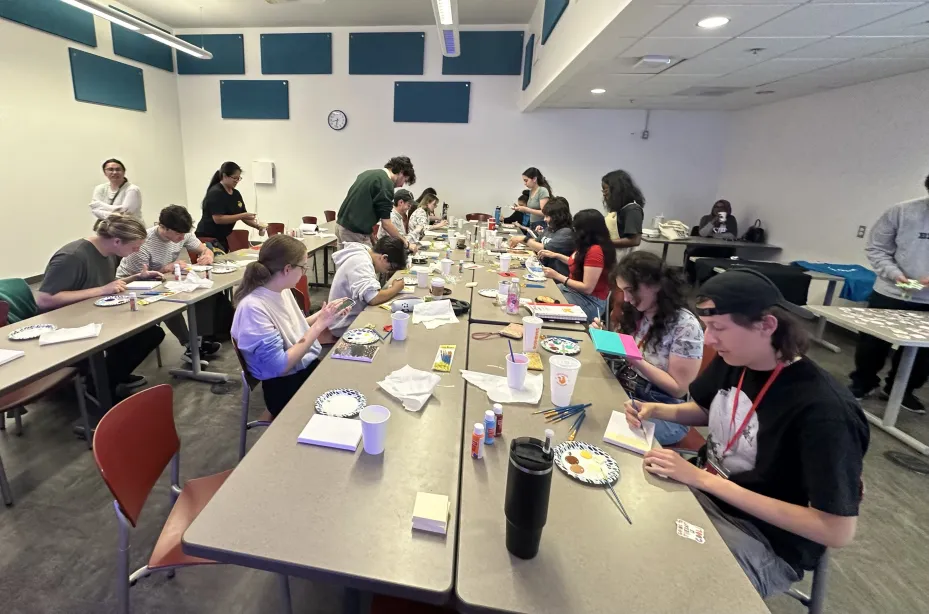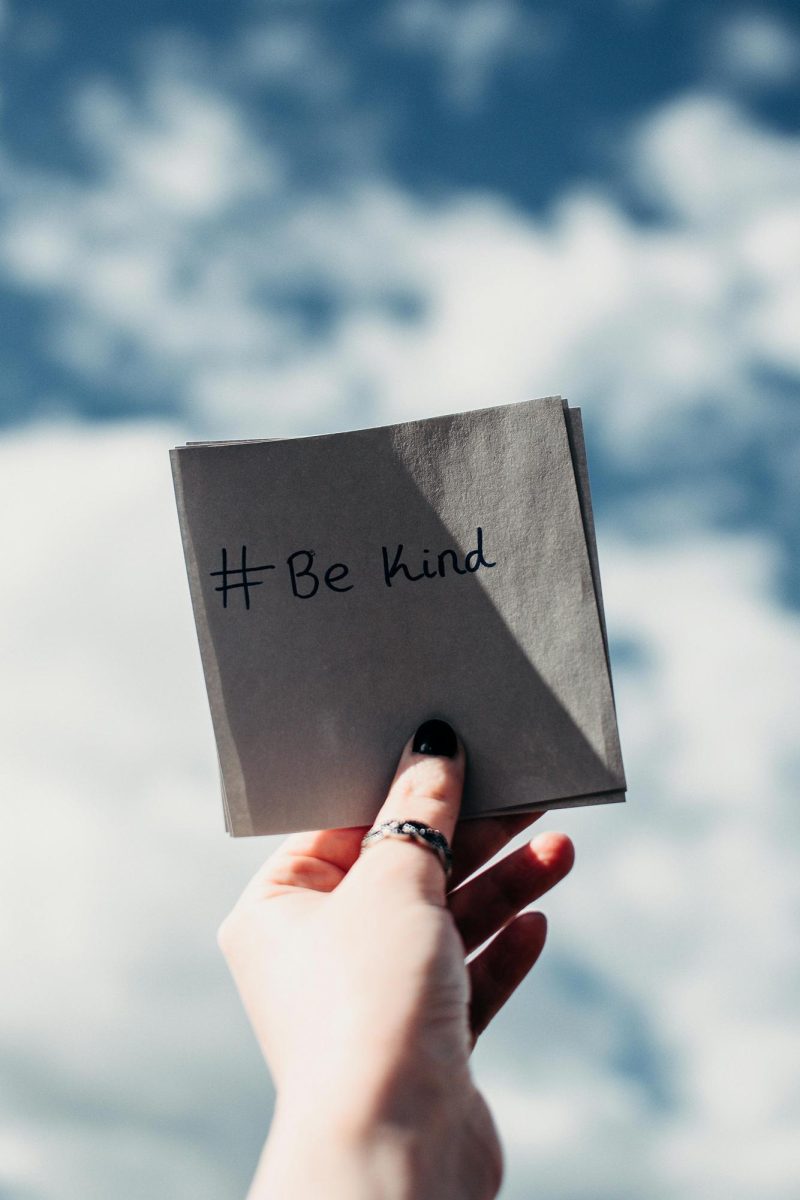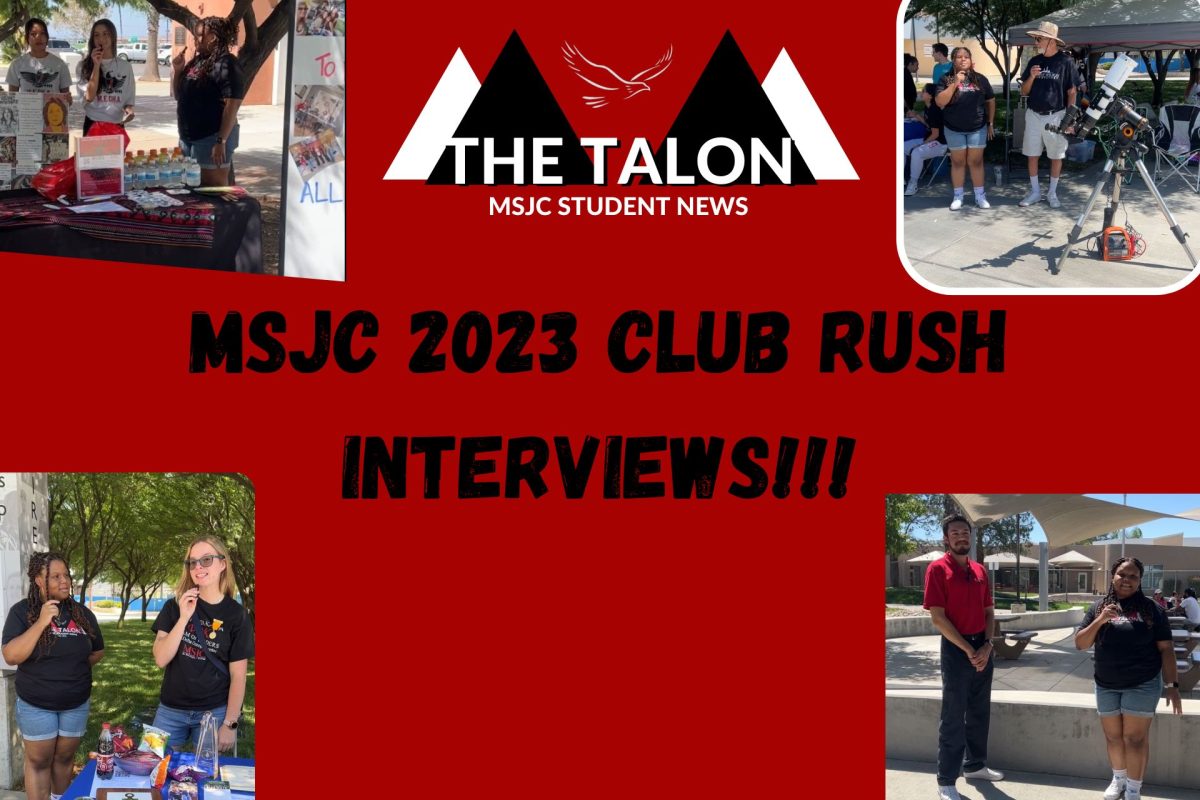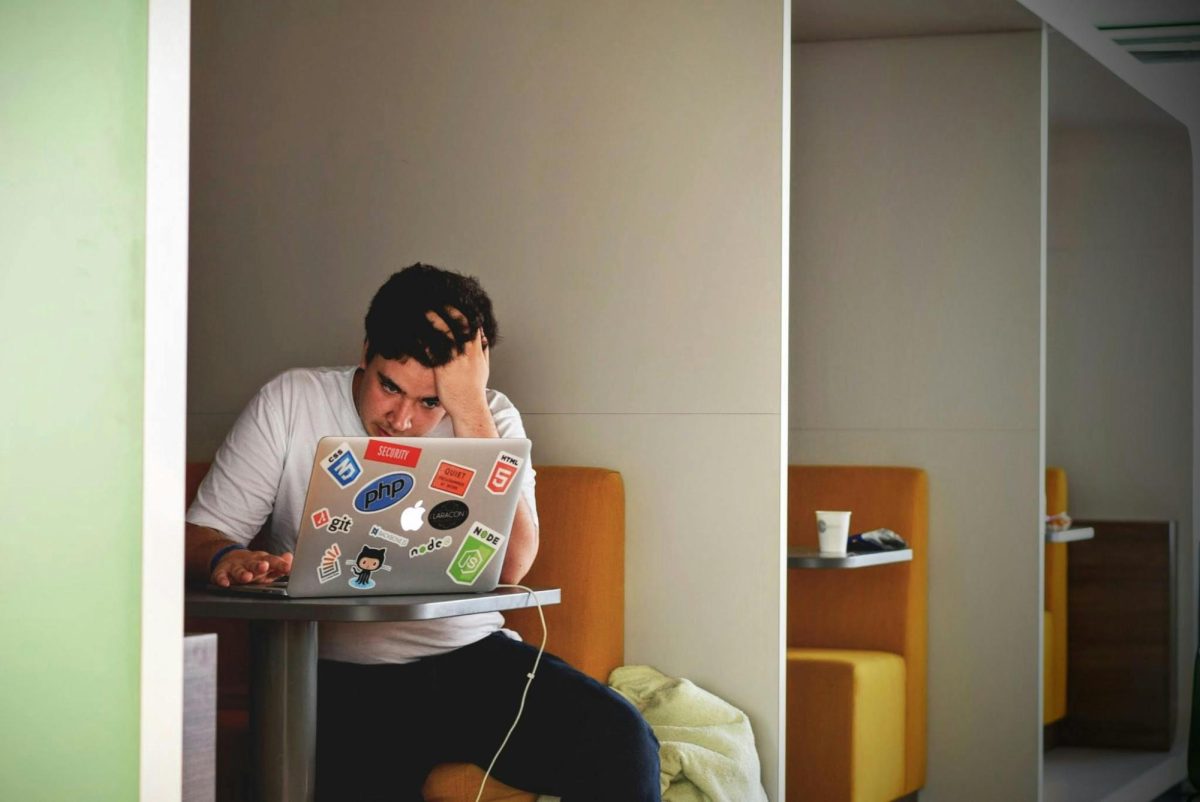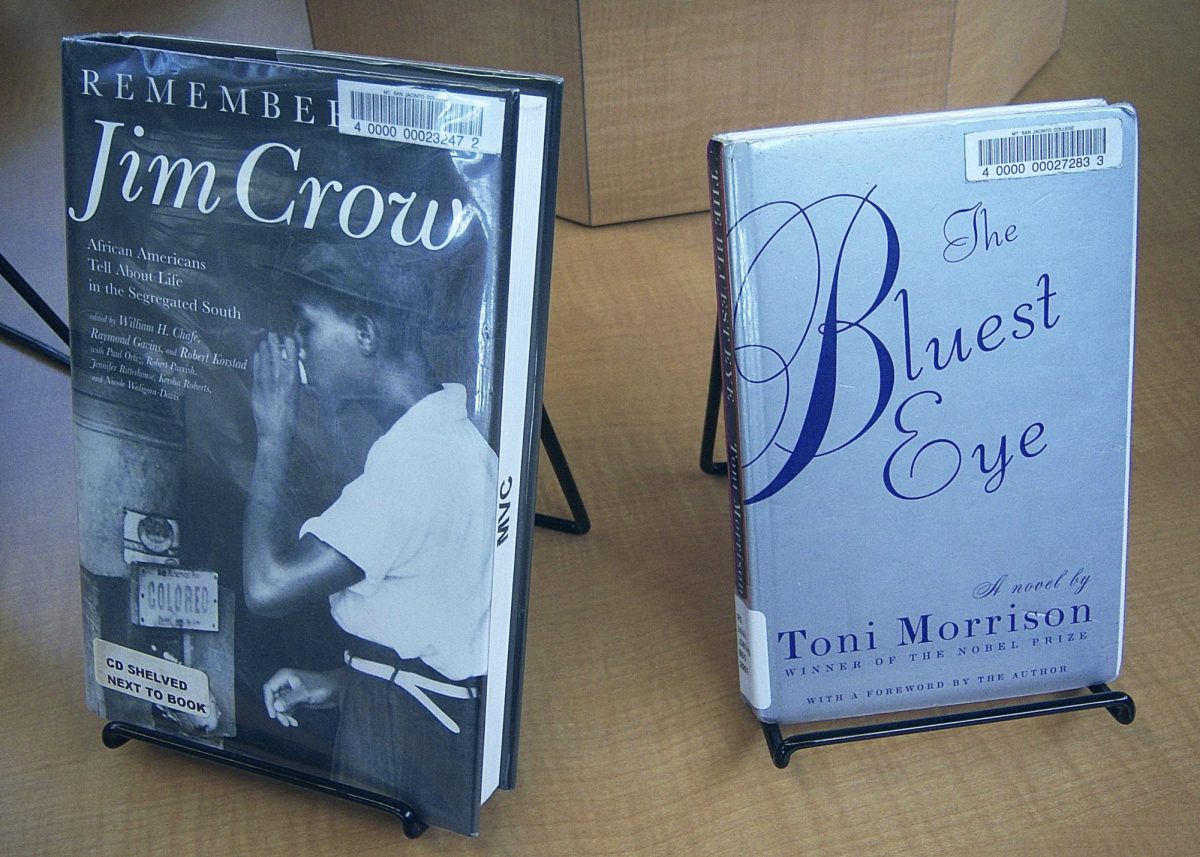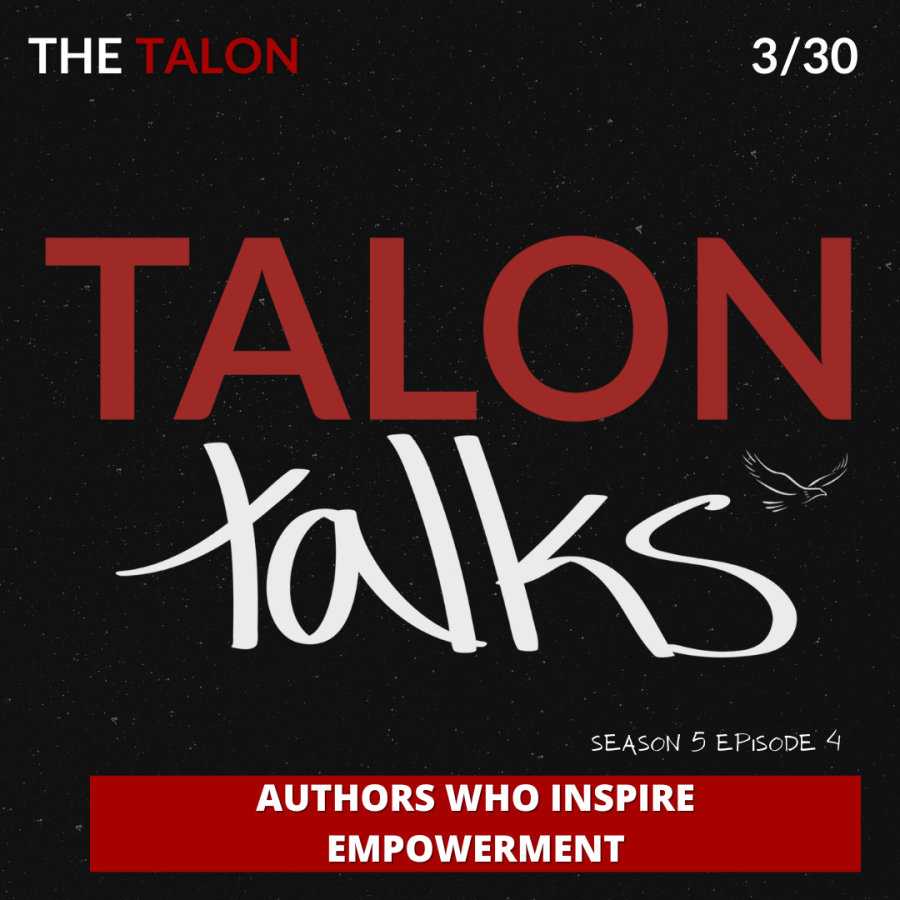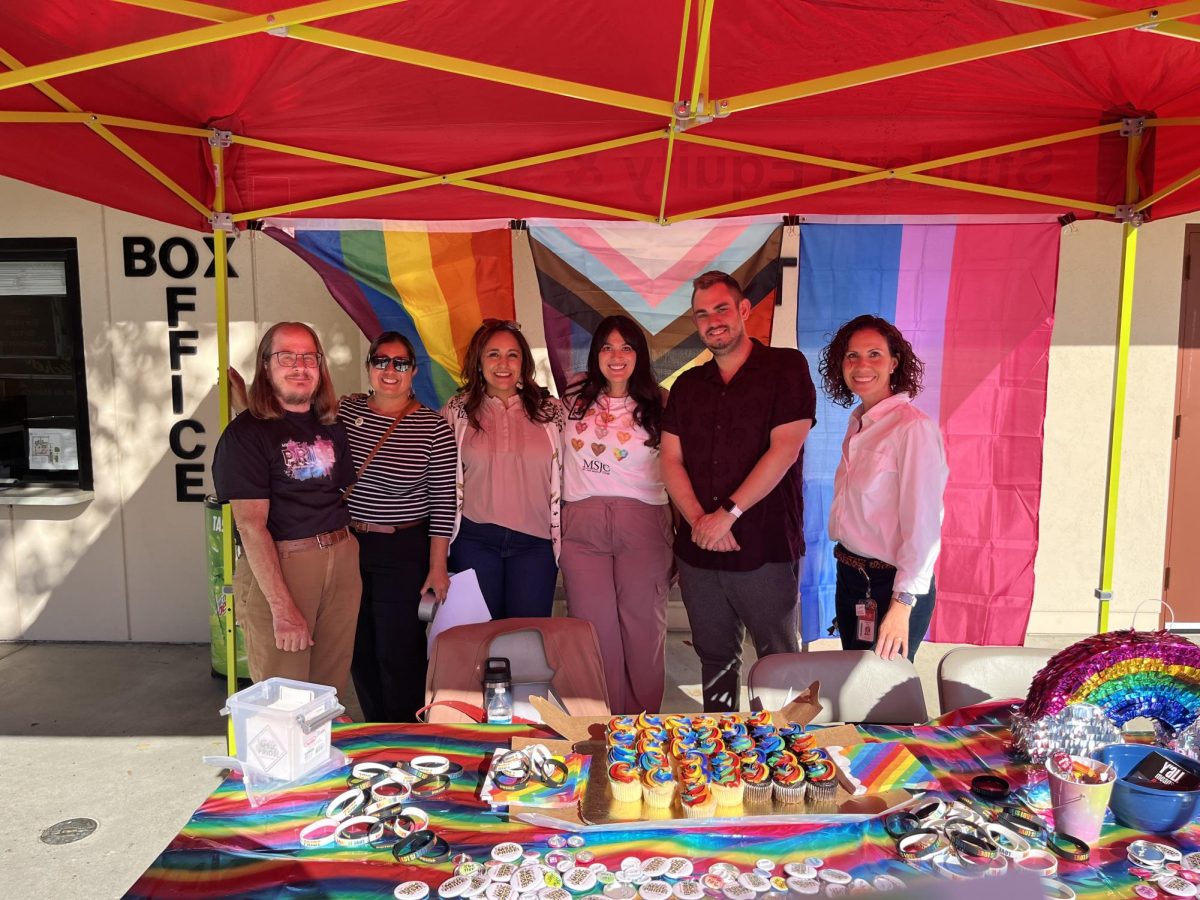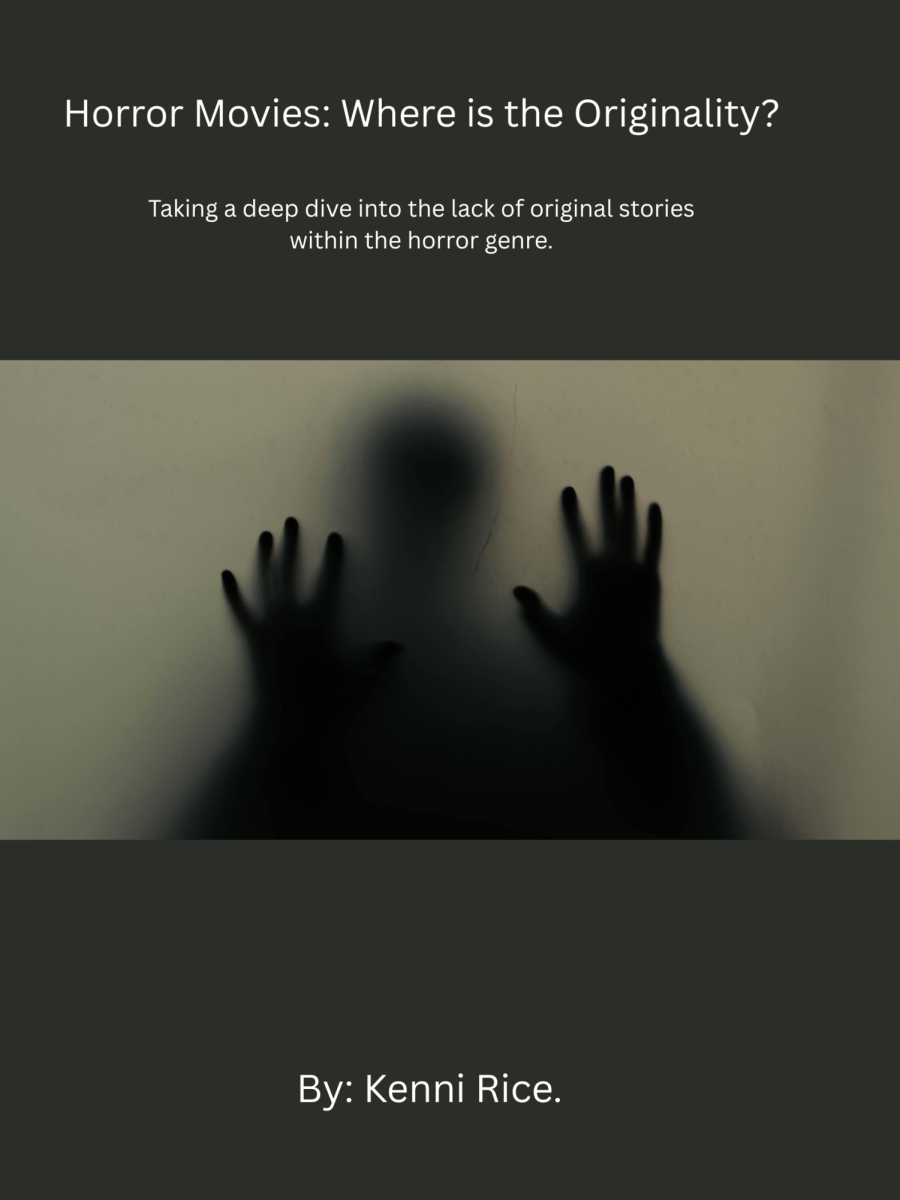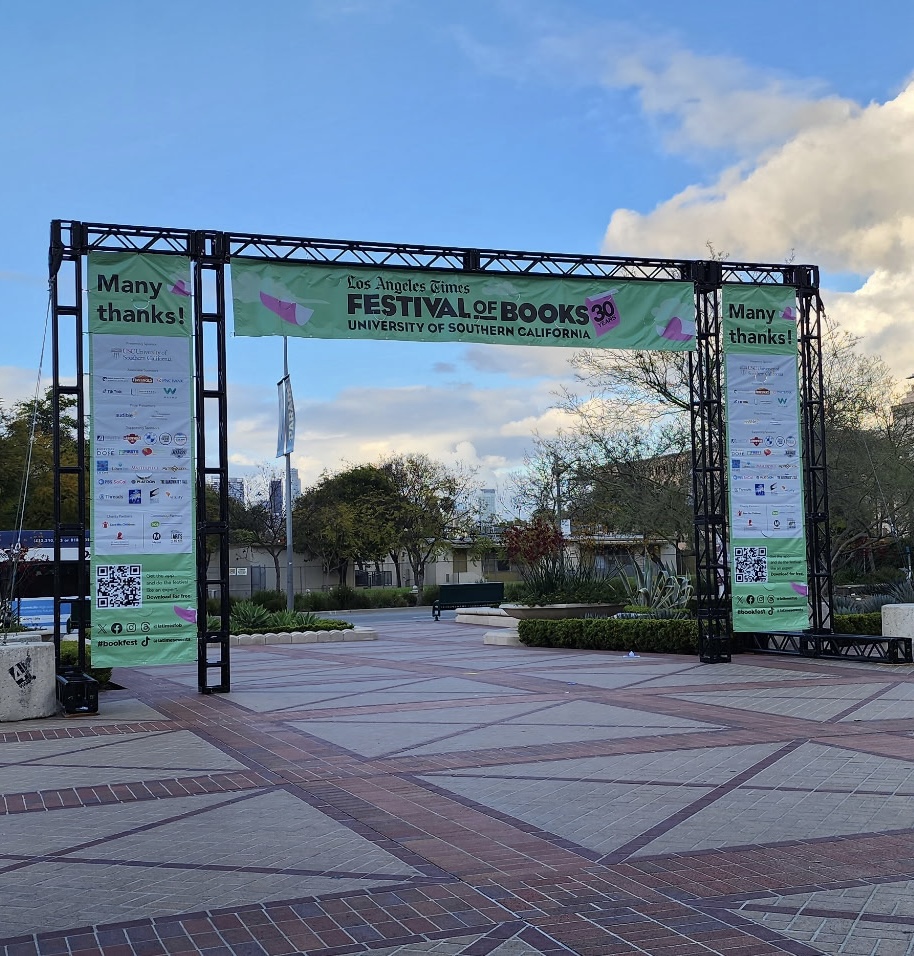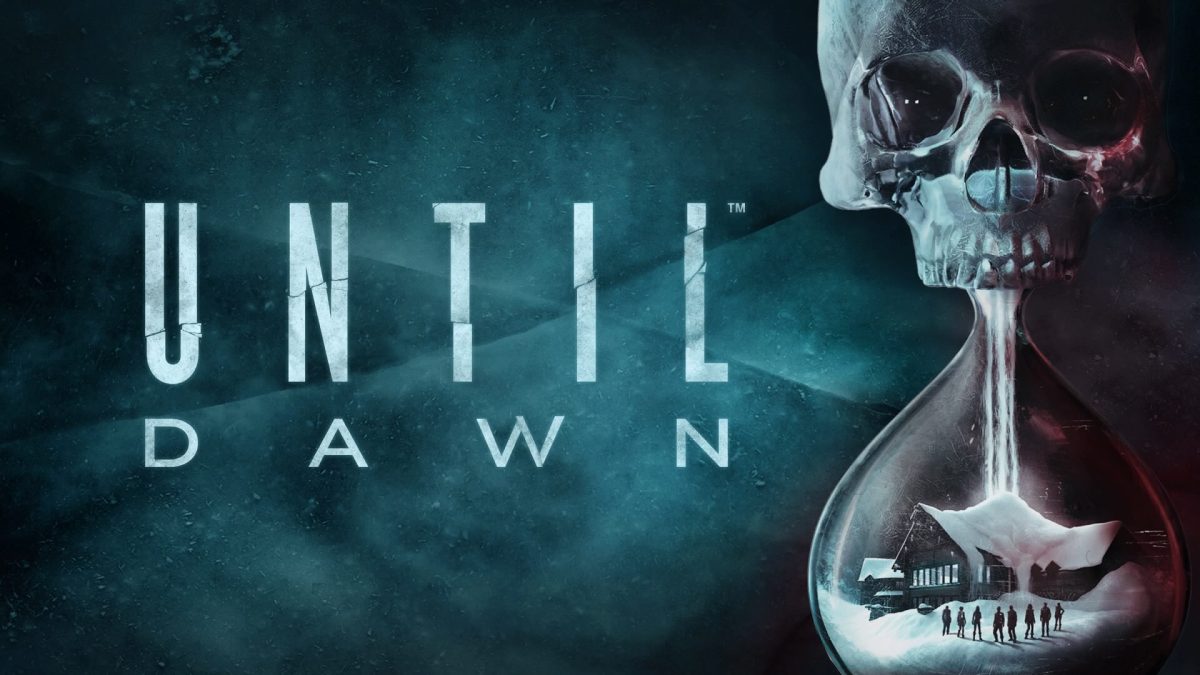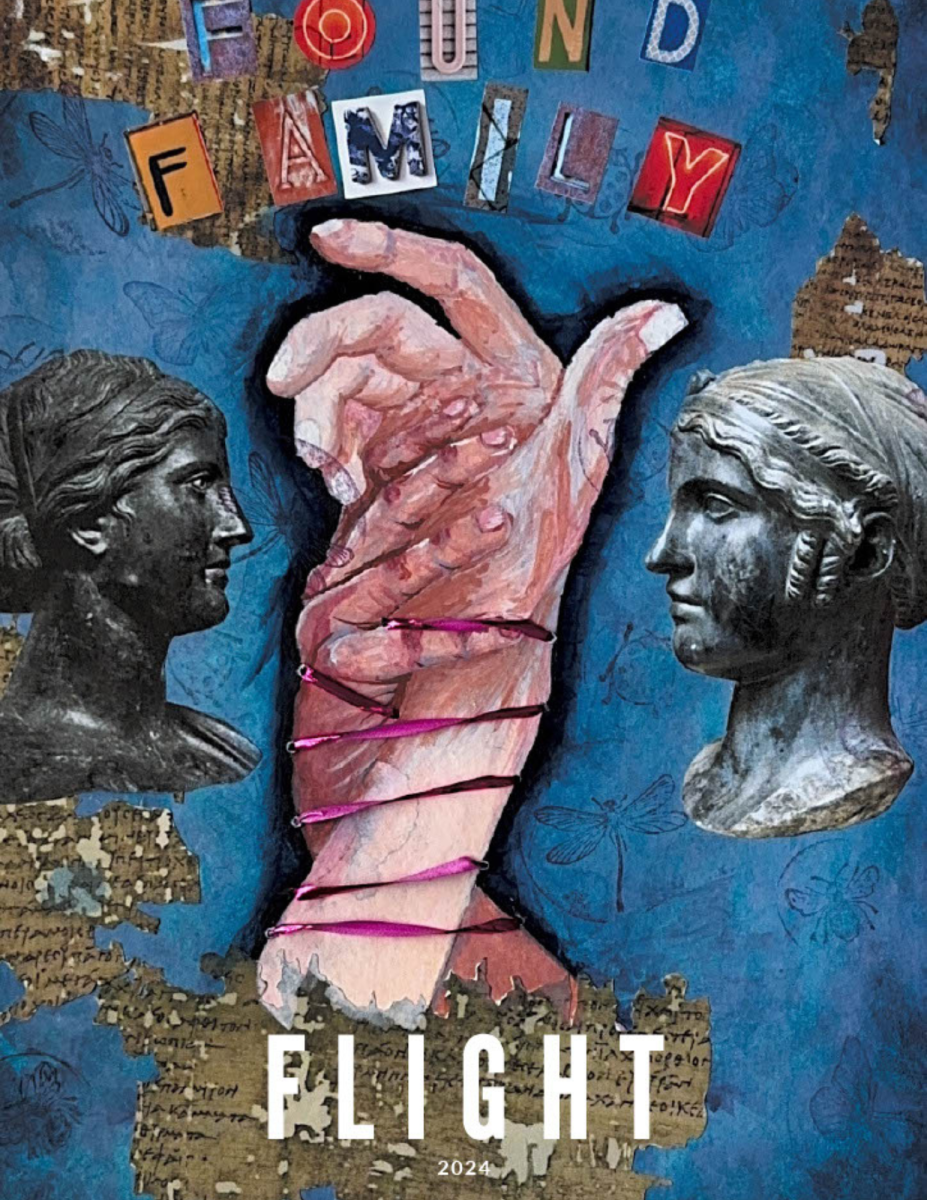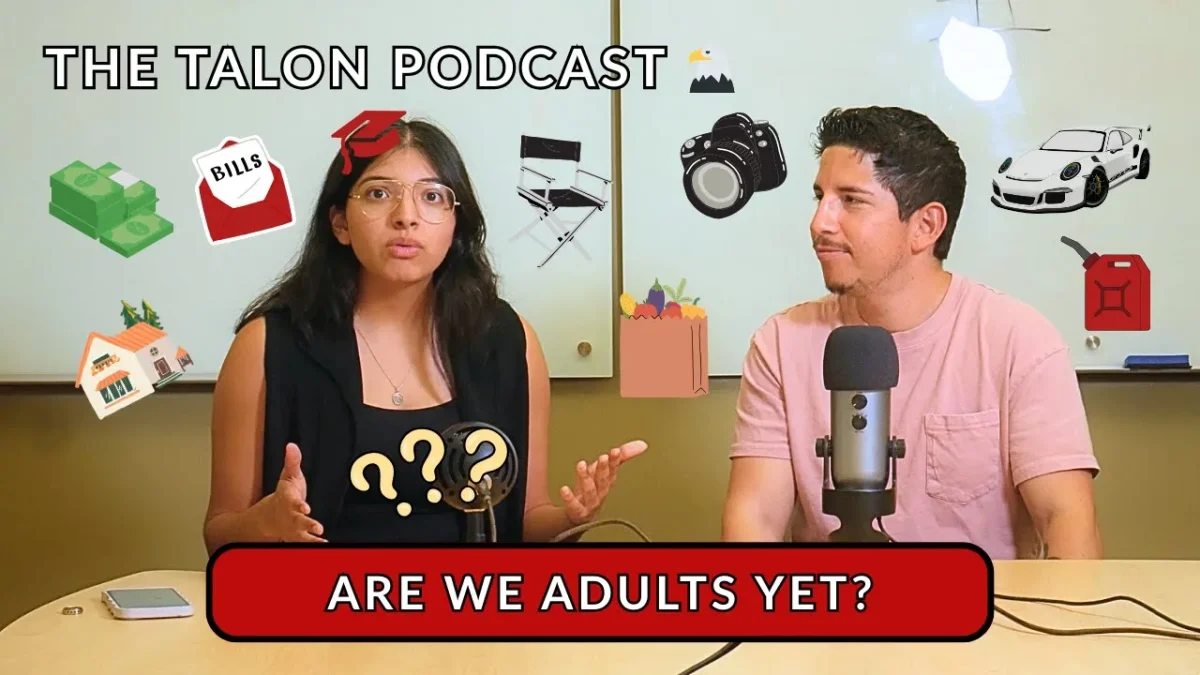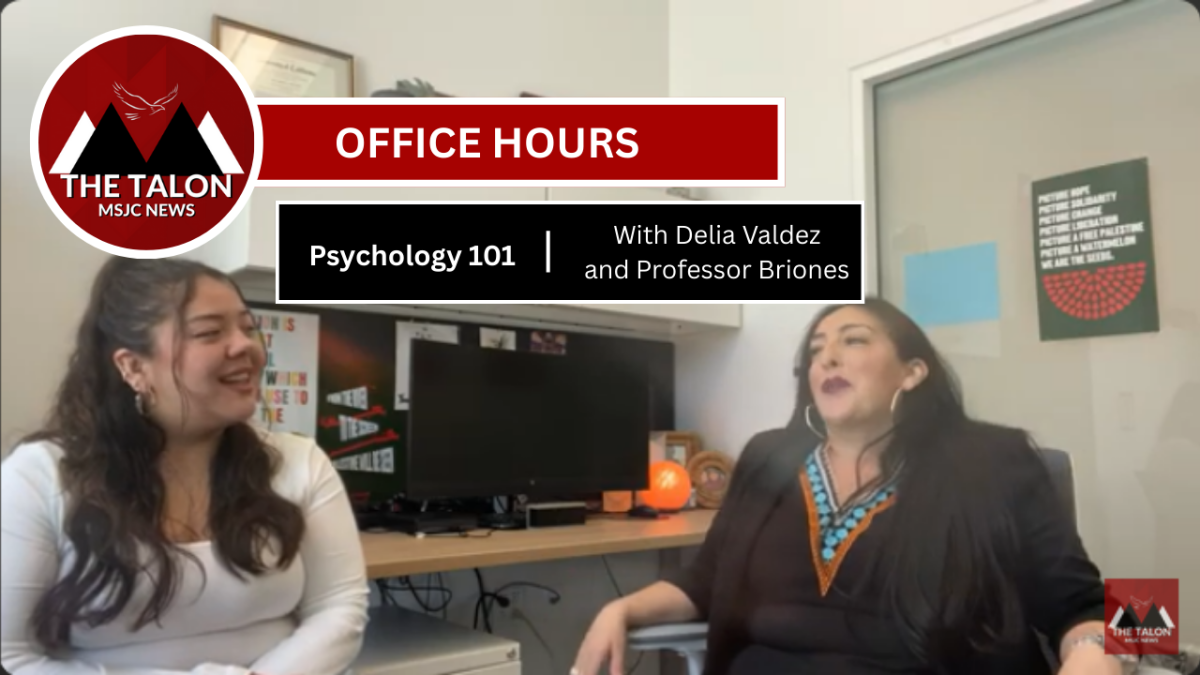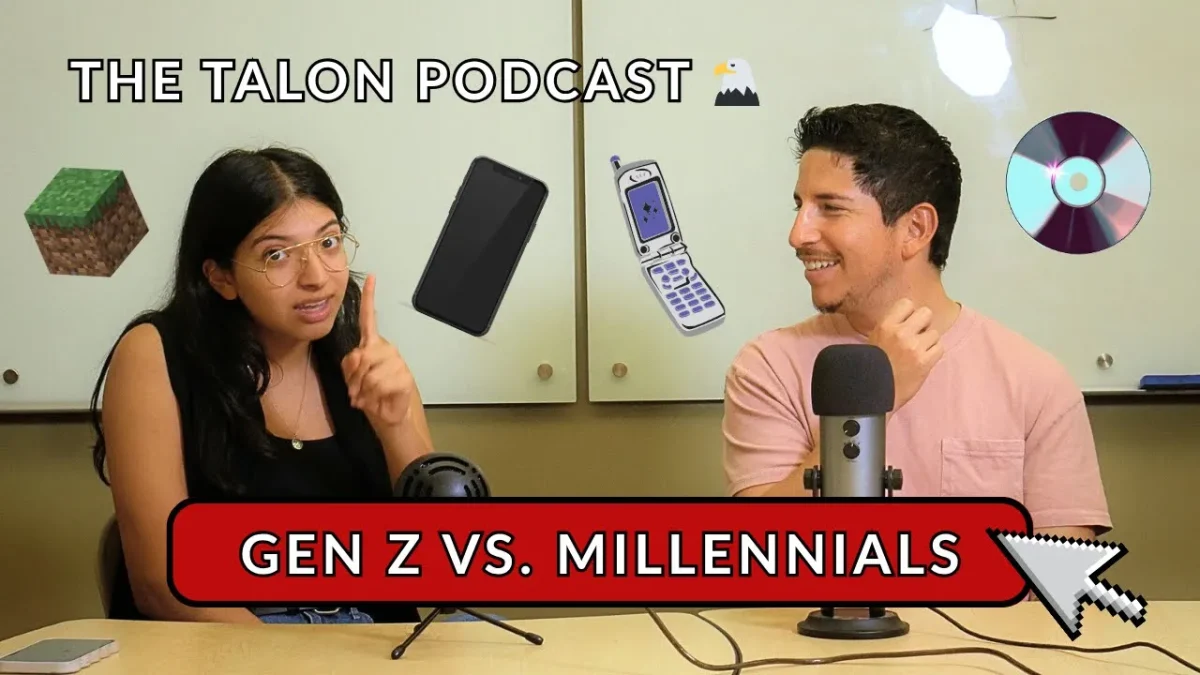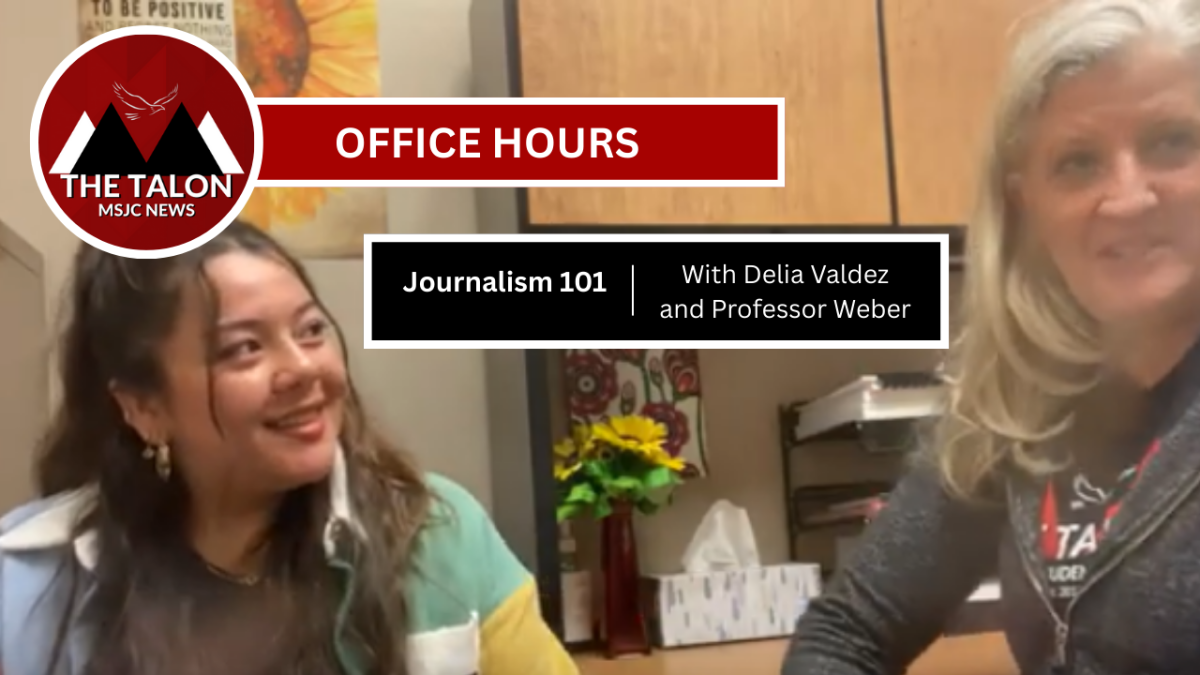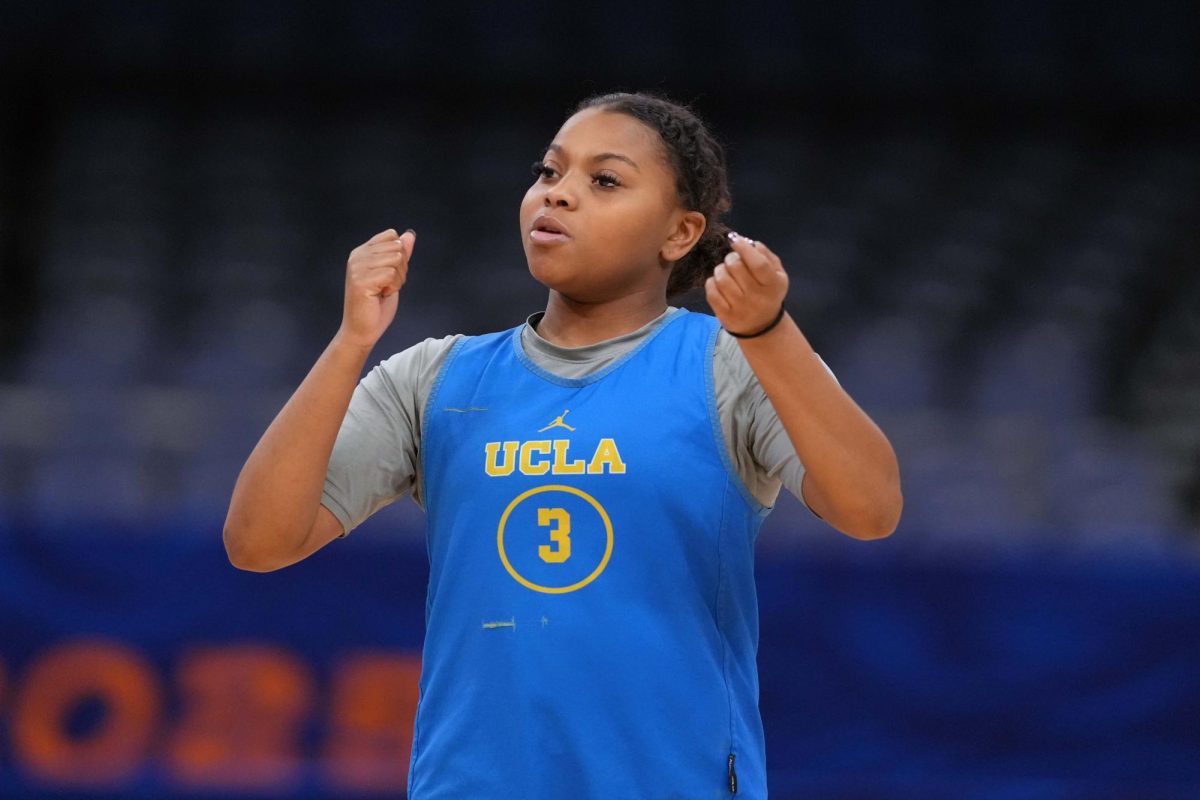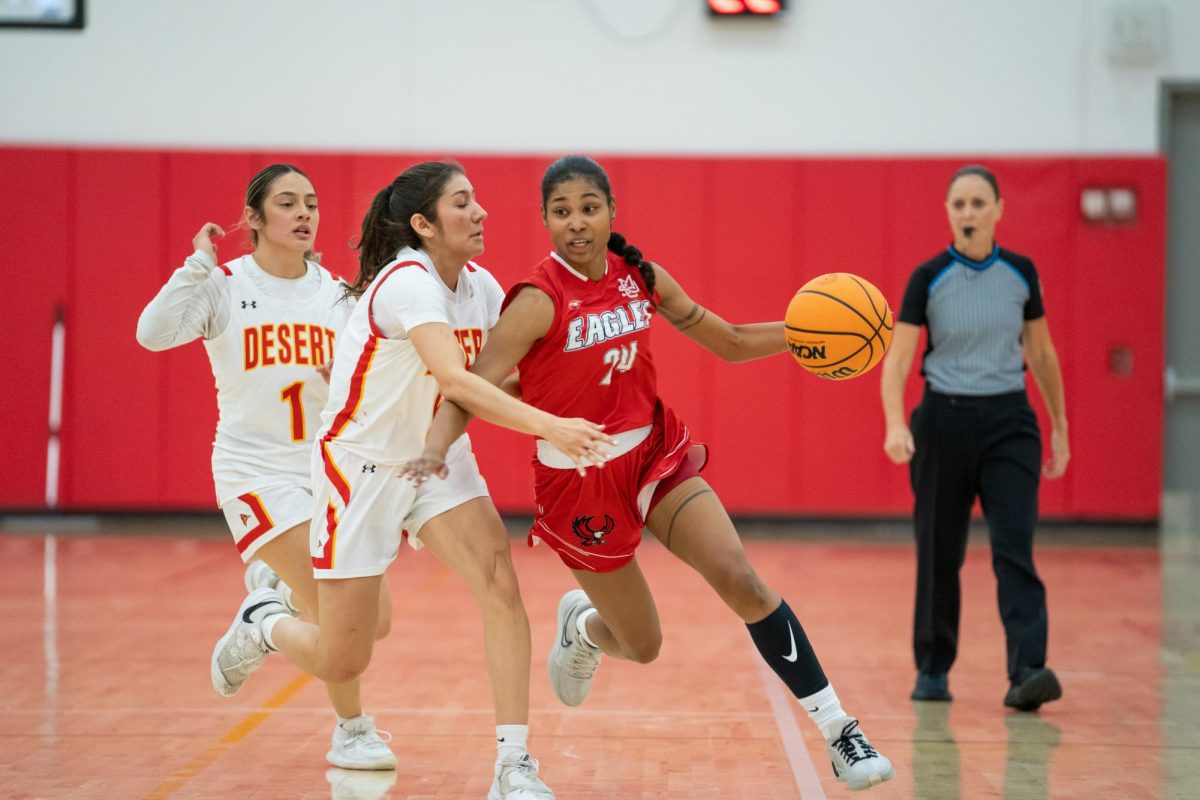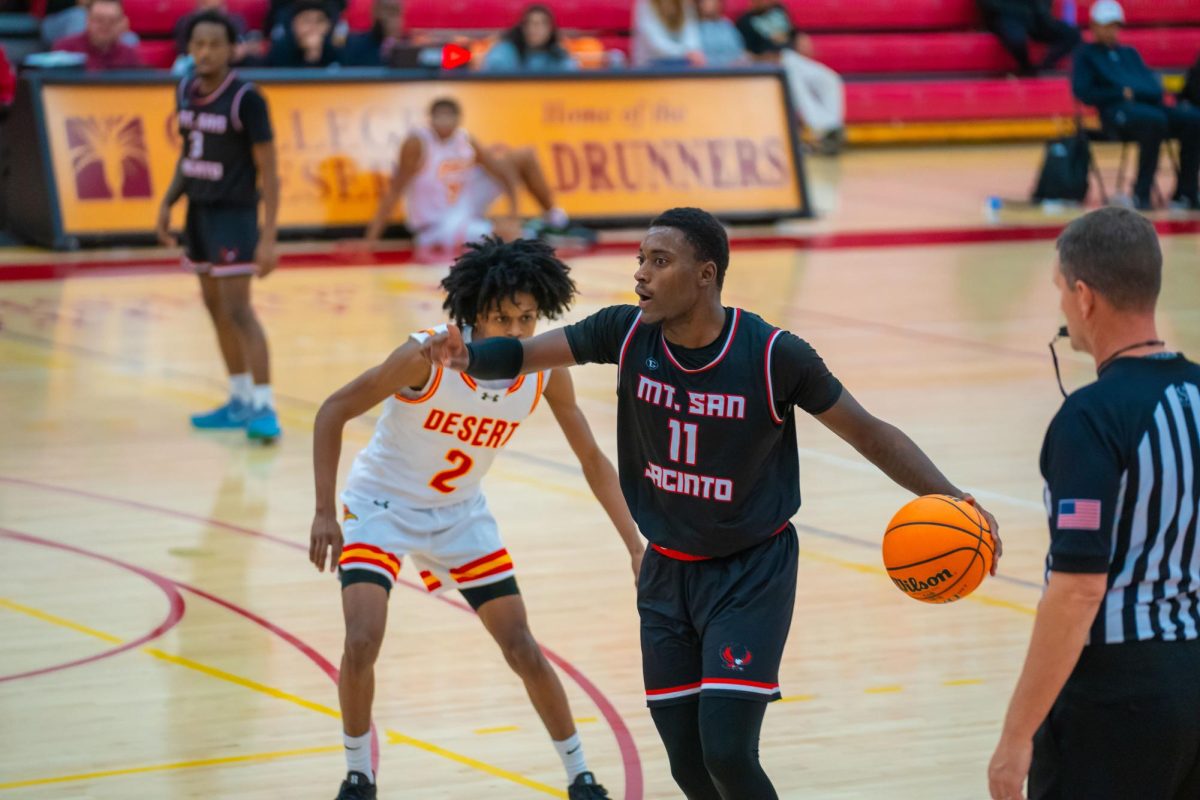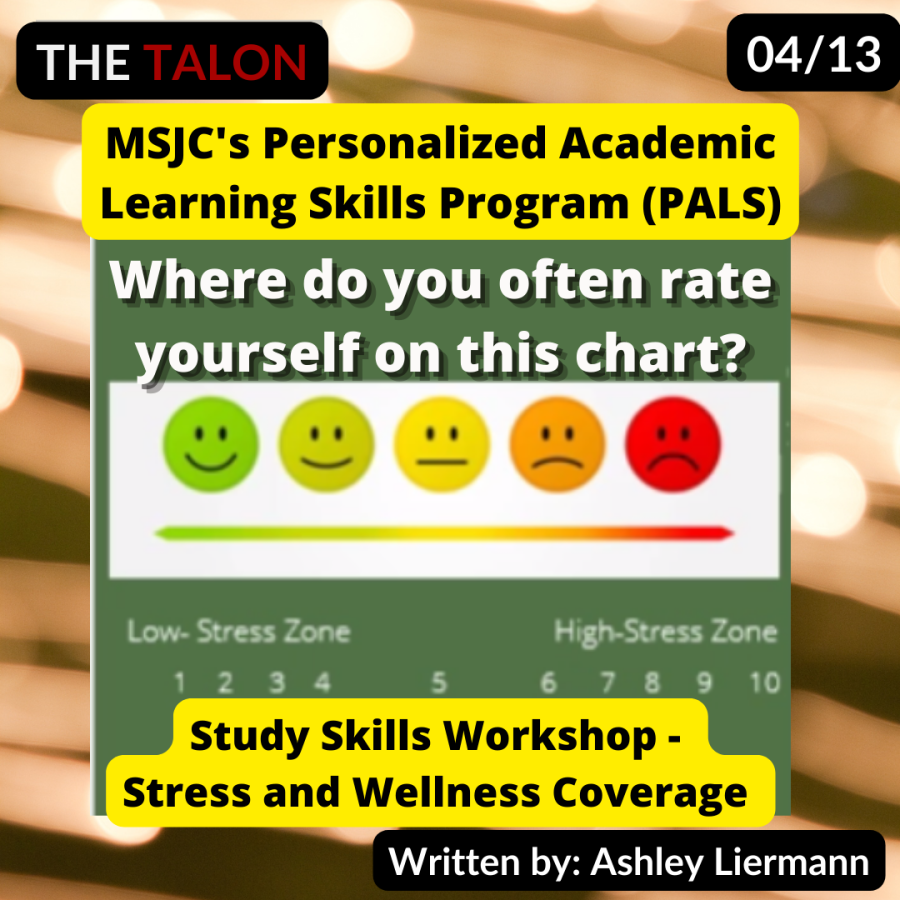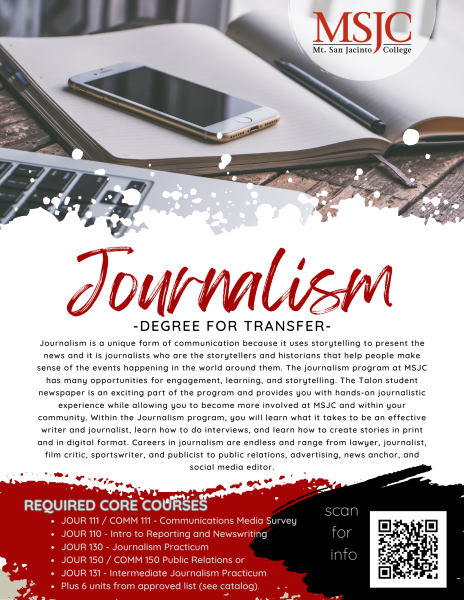Study Skills Workshop – Stress and Wellness
Personalized Academic Learning Skills Program (PALS)
April 13, 2022
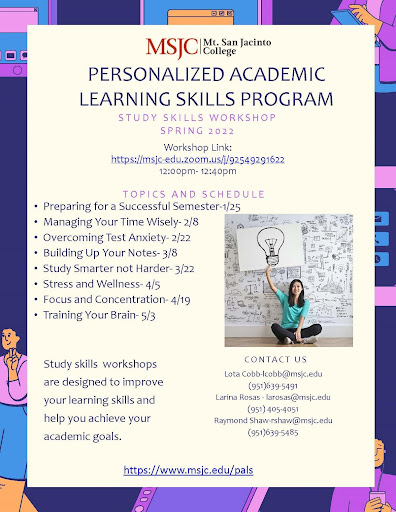
MSJC’s Personalized Academic Learning Skills Program (also known as PALS) hosted a live zoom study workshop on Tuesday April 5th with a presentation about Stress and Wellness. The session lasted about an hour long, starting at noon to 1pm.
The host and speaker of the meeting, Lota Cobb, introduced herself stating,
“I’m the learning specialist on the MSJC Menifee campus. I teach study skills class and help students with needs and accommodations.”
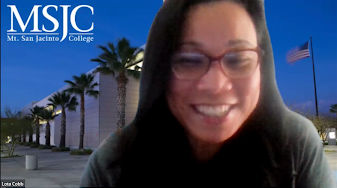
Cobb explained the purpose of the workshops put on by the Academic Program,
“The goal of the workshops is to empower students to identify and apply academic habits and soft skills through a deeper understanding and purpose for them.”
With a vision statement, “to provide ALL students with equal and equitable access to programs and services at MSJC by working collaboratively with the Accommodation Service Center (ASC), Learning Resource Center and Student Services.”
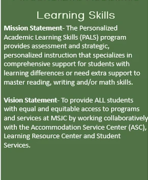
Each workshop focuses on a different subject and provides tips students can learn to use in their daily life and studies.
This workshop focused on the topic of stress and wellness. The meeting continued with a power point presentation and videos with explanations on stress and wellness. It covered how stress affects a person mentally, physically, and tips on how to manage to be able to continue living life well.
A question asked to the audience was, “what does stress mean to you and what’s the first thing that comes to mind when thinking about the definition of stress?”
The majority of the audience answers were similar in stating how stressful it is when you’re overworked or facing situations that keep you from enjoying where you’re at in life and not having time to take care of yourself.
A video was played with the definition of stress as a “response to a situation that a person perceives to be overwhelming in that the person does not think he or she can meet the demands of the situation.”
The video was followed by explaining that there are two different kinds of stress: healthy, and unhealthy stress. It is important to note what healthy and unhealthy stress is.
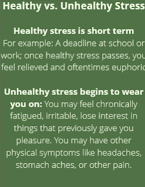
Healthy stress is short term. For example: a deadline at school or work you’re anticipating. Once healthy stress passes, you feel relieved and oftentimes euphoric.
Whereas unhealthy stress begins to wear on you. For example: you may feel chronically fatigued, irritable, lose interest in things that previously gave you pleasure. You may have physical symptoms like headaches, stomach aches, or other pain associated with long term unhealthy stress.
This rating chart was given below and is called a stress zone spectrum chart:
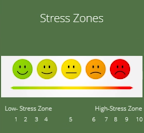
Low stress being 1-4
5 is in between
6-10 is high stress zone
Lota Cobb, the host, stated, “If you’re always rating yourself in high stress zone you may be experiencing unhealthy stress,” and also explained that “sometimes it’s difficult to self-reflect and ask ourselves where we’re at in our mental health as well – recognize yourself and take self-care.”
A quote given in one of the videos shown said, “get in control of stress before it controls you.”
Meaning we can take steps in how we react and manage our stress levels; otherwise, we may experience effects of unhealthy prolonged stress.
This diagram below was presented in the powerpoint on some effects unhealthy stress can cause. Unhealthy stress can impact the immune system, brain, and overall health of wellbeing if not managed.
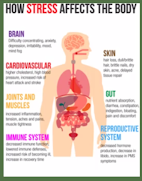
Leading to the next question, “how do you manage stress in our life?”
Lota Cobb answered, “keep a positive attitude, accept that there are events we can’t control but you can control your reactions and what you do.”
Tips given to manage stress:
– Do hobbies and activities you enjoy and have an interest in (some examples given by some were journaling, gardening, watching funny videos)
– Learn to manage time more effectively in tasks
– Deep breathing exercises reduces stress, remember to breath
– Don’t rely on compulsive activities like alcohol and drugs, as it can cause more stress and negative effects on the body
– Remember to take needed breaks and time for your self-care
– It’s okay to ask for help
Resources:
The session concluded with resources that are free to MSJC students provided by the Health Center Services https://msjc.edu/healthcenter/General_Office_Hours.html which also includes services listed below:
– Medical Services https://msjc.edu/healthcenter/medical-services.html
– Personal Counseling https://msjc.edu/healthcenter/Mental-Health-Counseling.html
– Well-Being Space https://msjc.edu/healthcenter/well-being-space.html
– Wellness Education https://msjc.edu/healthcenter/wellness-education.html
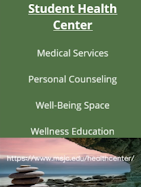
For any questions or to reach out regarding study workshops or the Personalized Academic Learning Skills Program (PALS), you can email Lota Cobb at lcobb@msjc.edu
Direct Link for more information: https://msjc.edu/pals/
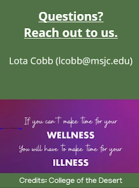
Link to watch recording of this session:
